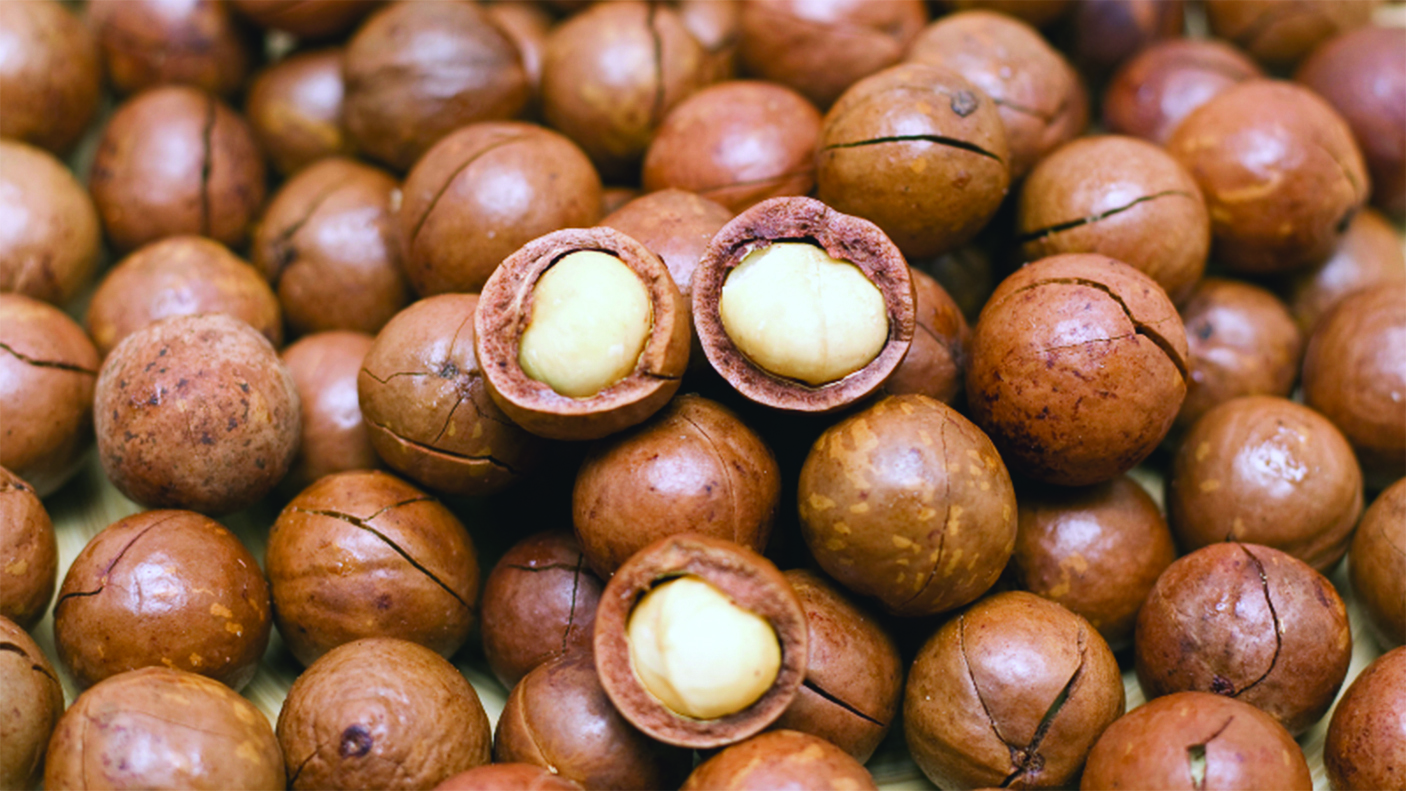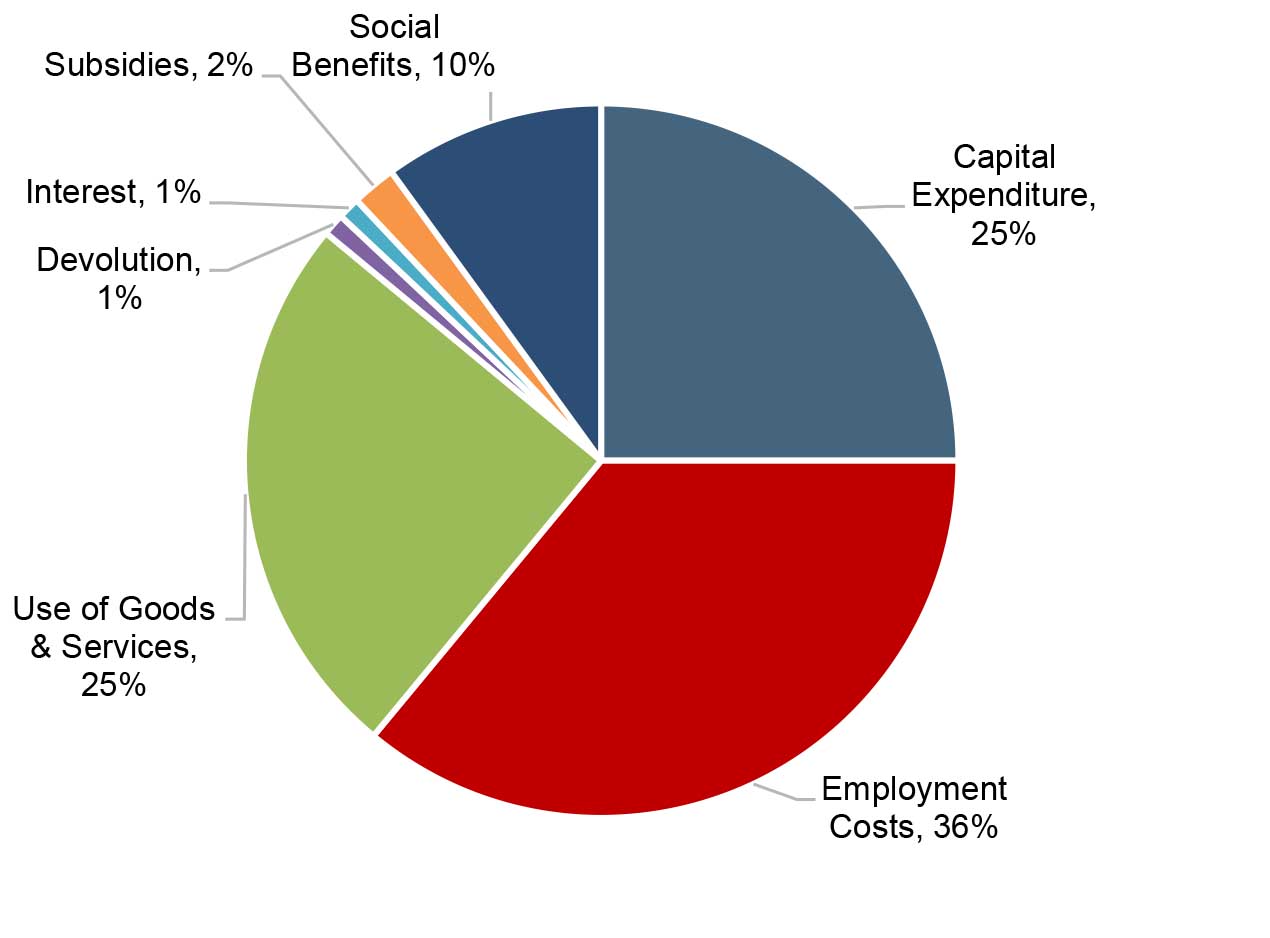
TAURAI MANGUDHLA MACHETE gangs once terrorised illegal diamond miners at Chiadzwa in Manicaland province around 2007.
It took concerted efforts by the police and Ministry of Mines to descend on illegal miners, cleaning up the diamond-rich area before fencing it off and paving way to formal mining.
The operation that saw police and the army using helicopters, firing live ammunition, while unleashing vicious dogs on illegal miners at Chiadzwa, claimed lives and spelled an end to the reign of terror.
The gangs, some of whom had guns, relocated to gold-rich areas around the country.
Popularly known as mashurugwi, the machete gangs have murdered hundreds for gold and robbed innocent citizens of various valuable possessions.
Daringly, they enter heavily protected primary mines where security is sophisticated and they know what is at stake — kill or be killed in the event things go wrong.
This time, the difference is that the “gold” is growing on trees.
This is the same scenario at the country’s biggest macadamia producer, Tanganda Tea Company, where the macadamia nut product has become another precious mineral with a demand that is now attracting dangerous armed criminals.
- Chamisa under fire over US$120K donation
- Mavhunga puts DeMbare into Chibuku quarterfinals
- Pension funds bet on Cabora Bassa oilfields
- Councils defy govt fire tender directive
Keep Reading
Selling for an average US$4 per kg, the macadamia nuts are just as lucrative as gold and much easier to steal.
Just to paint the picture, a five tonne truck of macadamia is worth about US$200 000 before cracking and at least four times more after cracking.
What is needed is just access to the fields when the crop is ready for harvesting in the thick forests along the Zimbabwe-Mozambique border.
Chinese cartels, which started buying the macadamia nuts a few years ago from just anyone also fuelled the demand for the crop.
They were paying US$3 per kg and this became a golden opportunity for some criminal minds around the huge plantations to make easy dollars.
Some crossed the border from Mozambique for the illegal harvest with a readily available market.
Tanganda had to invest millions on an electric perimeter fence around its macadamia plantations while rigorously trained security guards were added to the force.
Inside the perimeter fence are boom gates and checkpoints, which every vehicle goes through before exiting the multi-million dollar plantations.
This was after incidents of gangs raiding the fields and attacking armed security guards became frequent.
“We had cases where our guards were attacked and trapped while these gangs harvested. They were ready to kill and this just became a huge problem. That’s why we then installed the electric fence,” Tanganda finance director Henry Nemaire said.
The police came in to the rescue; intensifying their patrols and security measures in the area while paying attention to the macadamia fields around.
The army also joined through intensifying border patrols to curb smuggling in the area.
“For whatever reason, possibly to do with quality, the buyers are no longer paying US$3 per kg. They have gone down to about US$1,20 per kg and this has made the crop also less attractive,” Tanganda tea division agriculture manager Will Stanley said.
Despite the current situation, the company is still on high alert and trucks ferrying harvested macadamia nuts travel under heavy guard.
“The problem is that sometimes the gangs get it wrong, harvesting the crop before it’s really mature, but all the same we lose as a company,” added Stanley, who is also responsible for security coordination.
Other measures, including using drones, have also been adopted to intensify security while a security protocol will be introduced going forward.
Tanganda’s agricultural division consists of five estates, located within the Chipinge district, cropped with tea, coffee, avocados, and macadamia.
The beverage division consists of a tea blending and packaging plant in Mutare, as well as sales and distribution depots in Harare, Bulawayo and Gweru.
The growing public knowledge of the health advantages of nuts and dried fruits has been a key factor in the market expansion.
Macadamia nuts are also used to make macadamia oil, which has become popular among both businesses and consumers. Macadamia oil is a healthful oil that people use for cooking, moisturising the skin and hair conditioning.
People are also migrating away from non-vegetarian protein sources to plant-based protein ones.
Health experts also say without incorporating any animal protein, macadamia nuts are the greatest way to meet one’s daily protein and fat requirements.










